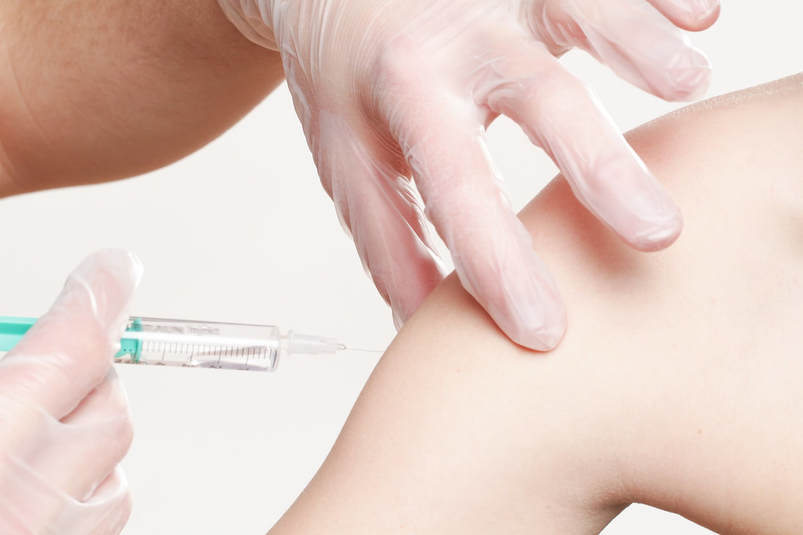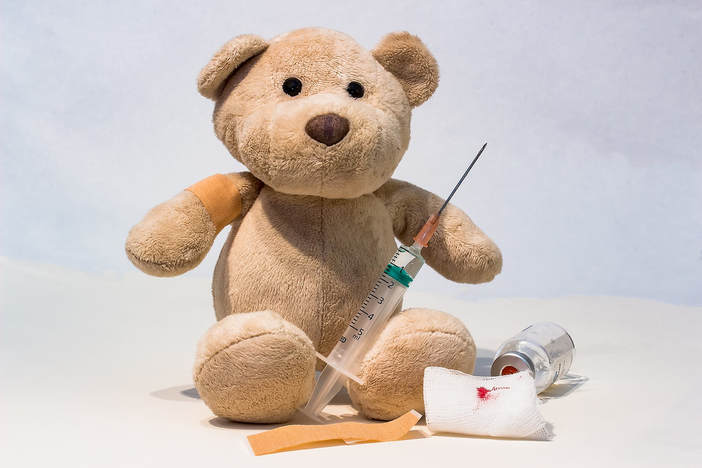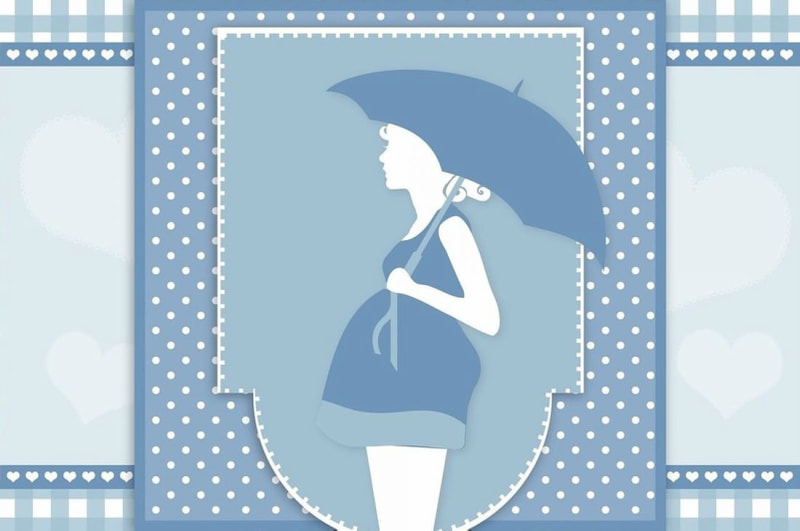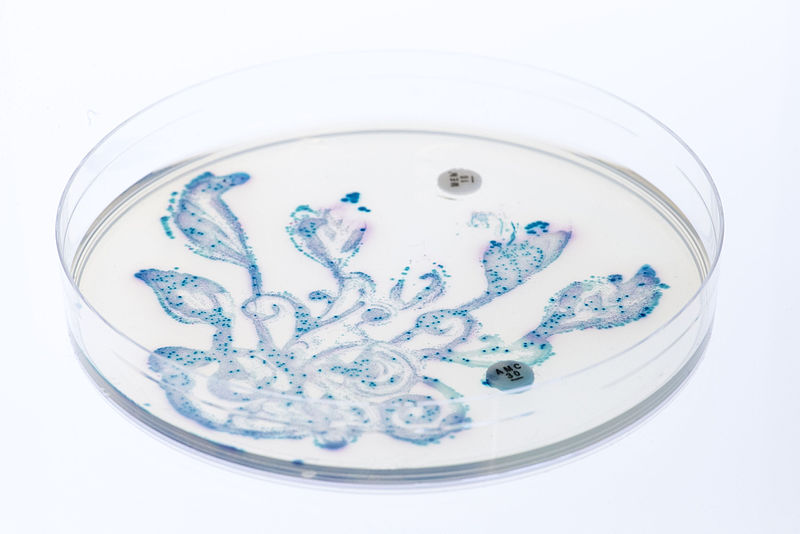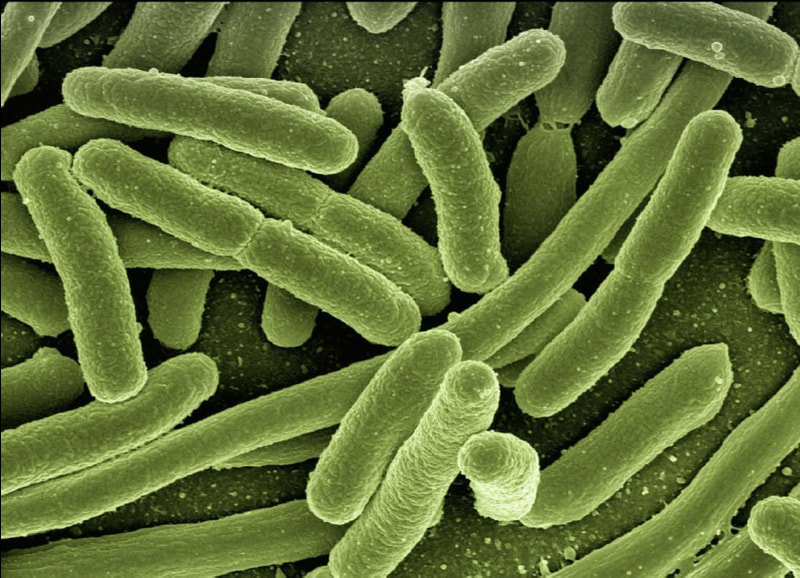The HPV Vaccine: Why It Is Important to Vaccinate Children
Human papillomavirus (HPV) infections affect up to 80% of sexually active men and women. With symptomless infections, many are unaware that they have HPV and unintentionally transmit the disease to their sexual partners. Many HPV infections clear up on their own, but other times they can cause cancers of the cervix, vagina, and vulva in women, of the penis in men, and of the anus and oropharynx (back of the throat) in both. HPV is contracted through sexual activity, and a vaccine is recommended to all males and female 11 and 12 years old. The vaccine is proven to protect against nine HPV cancer-causing strains. However, only 50% of males and 38% of females have completed the vaccine series.
According to findings published in the Journal of Adolescent Health, the main cause of lack of vaccination is the concern of safety and side effects. Specifically 22% of parents did not vaccinate their daughters, and 14% of parents did not vaccinate their sons. According to this study, it is clear that the main deterrent from the HPV vaccine is the possibility of side effects and fear of putting their child in danger. So what are the side effects of the HPV vaccine? Common side effects reported are pain, redness, and swelling at the injection site, fatigue, fever, headaches, gastrointestinal symptoms (e.g. diarrhea, nausea, and vomiting), and muscle and joint pain. General symptoms and gastrointestinal symptoms, however, were proved to not be vaccine-related.
According to findings published in the Journal of Adolescent Health, the main cause of lack of vaccination is the concern of safety and side effects. Specifically 22% of parents did not vaccinate their daughters, and 14% of parents did not vaccinate their sons. According to this study, it is clear that the main deterrent from the HPV vaccine is the possibility of side effects and fear of putting their child in danger. So what are the side effects of the HPV vaccine? Common side effects reported are pain, redness, and swelling at the injection site, fatigue, fever, headaches, gastrointestinal symptoms (e.g. diarrhea, nausea, and vomiting), and muscle and joint pain. General symptoms and gastrointestinal symptoms, however, were proved to not be vaccine-related.
Image Source: Myriams-Fotos
The main concerns of parents include an increased risk of autoimmune disease, chronic fatigue syndrome or myalgic encephalomyelitis, and other adverse effects. However, there has been no evidence of an increased risk of autoimmune diseases after exposure to the HPV vaccine in females. HPV has been proven to have no increased risk of multiple sclerosis, type 1 diabetes, autoimmune thyroiditis, and connective tissue disease among other diseases. In fact, exposure to the HPV vaccines may actually reduce the odds of contracting an autoimmune disorder.
In another study, less than 0.1% of test subjects reported adverse side effects following their HPV vaccination. Of the 195,270 women in the study, the most commonly shared adverse effects were allergic reaction, rash, and pain or swelling that were reported marginally (less than 0.0001%). Only four of nearly 200,000 people had serious adverse effects leading to hospitalization within 42 days of receiving the vaccination. And of all the adverse side effects, all the known outcomes made a full recovery. Another common concern of the virus is the possibility of a venous thromboembolism (VTE), a condition characterized by formations of blood clots in veins located in legs, arms, or lungs. All those hospitalized for VTE in this study after receiving the HPV vaccine were found to have other associated health risk factors for the diagnosis, and the vaccine continues to show no association to the cause of VTE.
After conducting significant study and data analysis on the side effects and possible outcome of the HPV vaccine, it can be concluded that there are no compromising side effects of the HPV vaccine that risk the health or safety of children. This vaccine has been clinically proven to protect preteens and teens into adulthood from cancerous sexually transmitted diseases. Therefore, parents should not hesitate to vaccinate their kids and potentially save them from many cancer-causing infections. If still concerned, parents are advised to discuss their opinions with doctors.
In another study, less than 0.1% of test subjects reported adverse side effects following their HPV vaccination. Of the 195,270 women in the study, the most commonly shared adverse effects were allergic reaction, rash, and pain or swelling that were reported marginally (less than 0.0001%). Only four of nearly 200,000 people had serious adverse effects leading to hospitalization within 42 days of receiving the vaccination. And of all the adverse side effects, all the known outcomes made a full recovery. Another common concern of the virus is the possibility of a venous thromboembolism (VTE), a condition characterized by formations of blood clots in veins located in legs, arms, or lungs. All those hospitalized for VTE in this study after receiving the HPV vaccine were found to have other associated health risk factors for the diagnosis, and the vaccine continues to show no association to the cause of VTE.
After conducting significant study and data analysis on the side effects and possible outcome of the HPV vaccine, it can be concluded that there are no compromising side effects of the HPV vaccine that risk the health or safety of children. This vaccine has been clinically proven to protect preteens and teens into adulthood from cancerous sexually transmitted diseases. Therefore, parents should not hesitate to vaccinate their kids and potentially save them from many cancer-causing infections. If still concerned, parents are advised to discuss their opinions with doctors.
Featured Image Source: whitesession
RELATED ARTICLES
|
Vertical Divider
|
Vertical Divider
|
Vertical Divider
|

